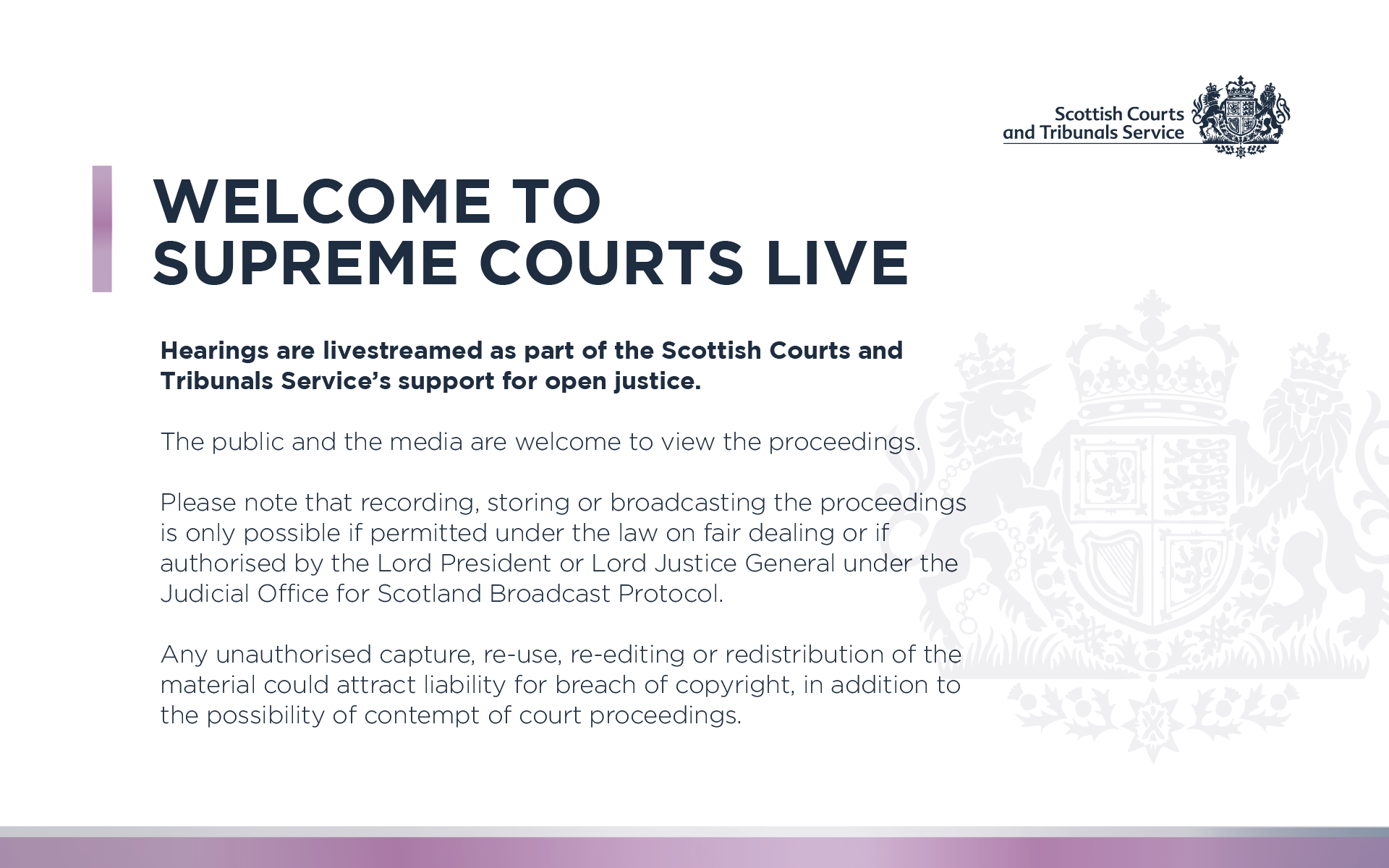Case description
The reclaimers (appellants), Mr and Mrs Davidson, own Argyle Asset Management Limited. The respondents, Mr Darren Margach and Mr Ross Anderson own Pinz Bowling Limited, which trades under the brand name “Innoflate”.
The Davidsons, Mr Anderson Mr Margach formed Angus Park Limited (“the company”) . The company was to operate an inflatable leisure facility in Monifieth using the Innoflate branding. On incorporation, two ordinary shares were allocated to Pinz and Argyle respectively. In April 2022, the shareholding was altered to four ordinary shares, two of which were held by Pinz and one each by Mr and Mrs Davidson. The company opened for trading on 2 April 2022, and was a profitable business, paying off all of its loans in full by September 2022.
The personal relationships started to break down. Mr Anderson and Mr Margach were not satisfied with Mrs Davidson’s performance as Operations Manager of Pinz, and in August 2022, she was told to leave the role. It was agreed that Pinz would put forward proposals for charging for management services previously provided by another company. In mid-October 2022, Pinz raised a number of invoices against the company and took funds from the company’s bank account. Their right to do so was disputed by the Davidsons.
On 20 March 2023 at a meeting attended by Mr Davidson and Mr McGee (a business advisor for Pinz) it was suggested that the restructuring of the company’s shareholding had not been known about by Mr Anderson or Mr Margach. A letter was sent advising that Pinz would withdraw its services. In a further letter, Pinz demanded the resignation of the Davidsons as directors of the company and the transfer of their shares for £1 each to Pinz.
Proceedings commenced as a result of the proposal to acquire the Davidsons’ shares. A dispute broke out about whether the company was a going concern and whether the services it was receiving from Pinz might be withdrawn at short notice. The company’s landlords issued an electricity bill for the period since the company had started to trade. The parties had delayed in dealing with the bill due to the threat to the company’s solvency.
The Davidsons argue that they have been subjected to unfairly prejudicial conduct at the hands of the respondents under sections 994 and 996 of the Companies Act 2006.
After an evidential hearing the judge found that Mr Margach and Mr Anderson had not breached their fiduciary duties as directors, but this did not exclude the possibility that the company’s affairs were being conducted in an unfairly prejudicial manner. While relationships had broken down, the respondents’ behaviour did not in the final analysis amount to unfairly prejudicial conduct of the company’s affairs.
There are six grounds of appeal. First, that the respondents sought to be rid of the reclaimers and did not make a reasonable offer for their shares. Secondly, the franchise and management charges were unfairly prejudicial due to (i) breach of agreements made at a shareholders’ meeting, (ii) short notice of the charges preventing proper advice being taken, (iii) no evidence of the requirement for the increased charges, and (iv) breaches of fiduciary duties by the respondents who pursued a course of conduct in bad faith. Thirdly, the judge erred in his analysis of the respondent’s conduct, which was intended to either cease trading or force the reclaimers’ resignations. Fourthly, the judge erred in considering what was intended by the respondents in the preparation of the statutory accounts. Fifthly, the cumulative effect of the respondent’s conduct was unfairly prejudicial and the judge erred by setting an unrealistically high bar in his evaluation of it. Finally, the judge erred in his treatment of the valuation evidence.

